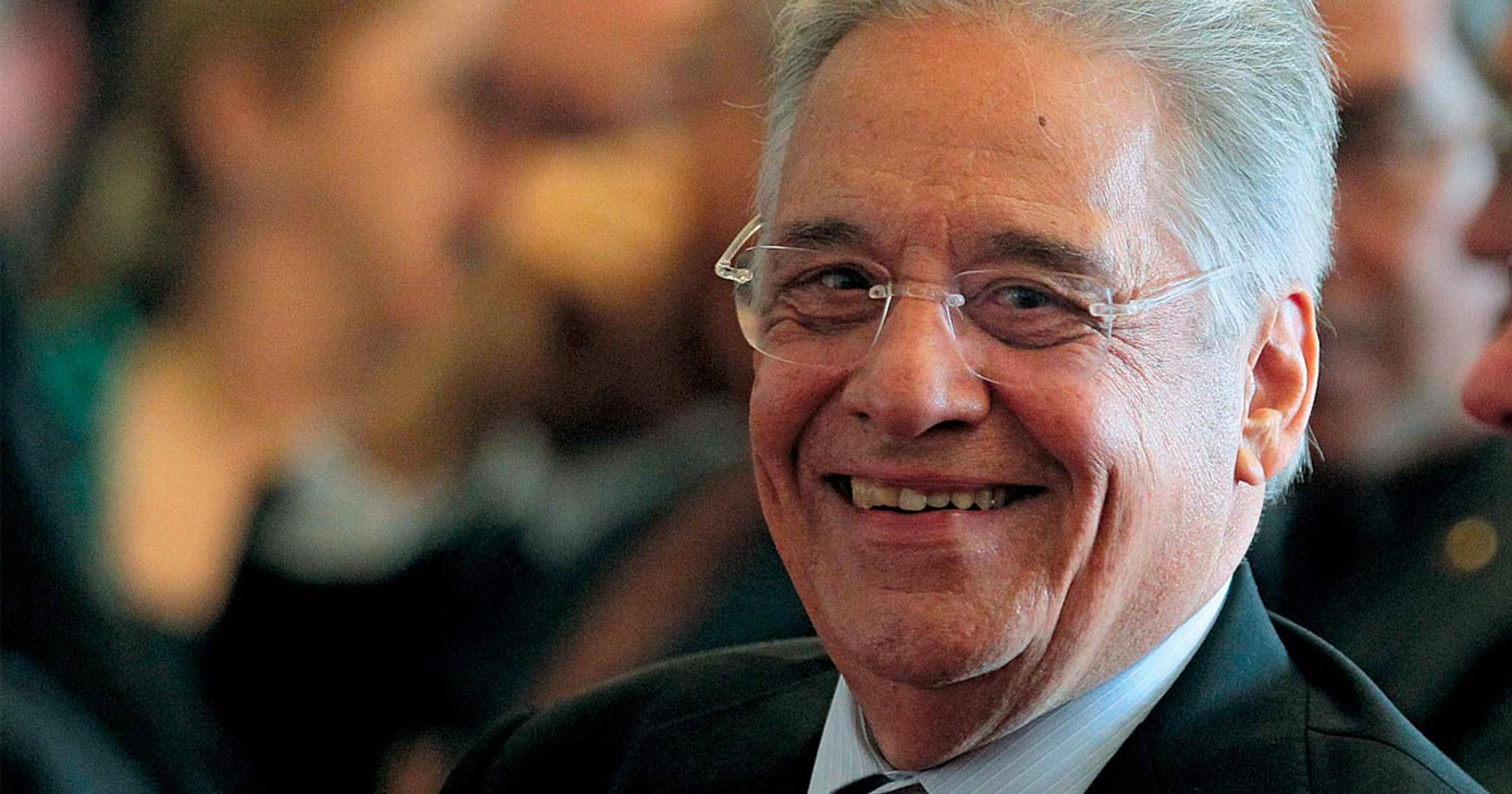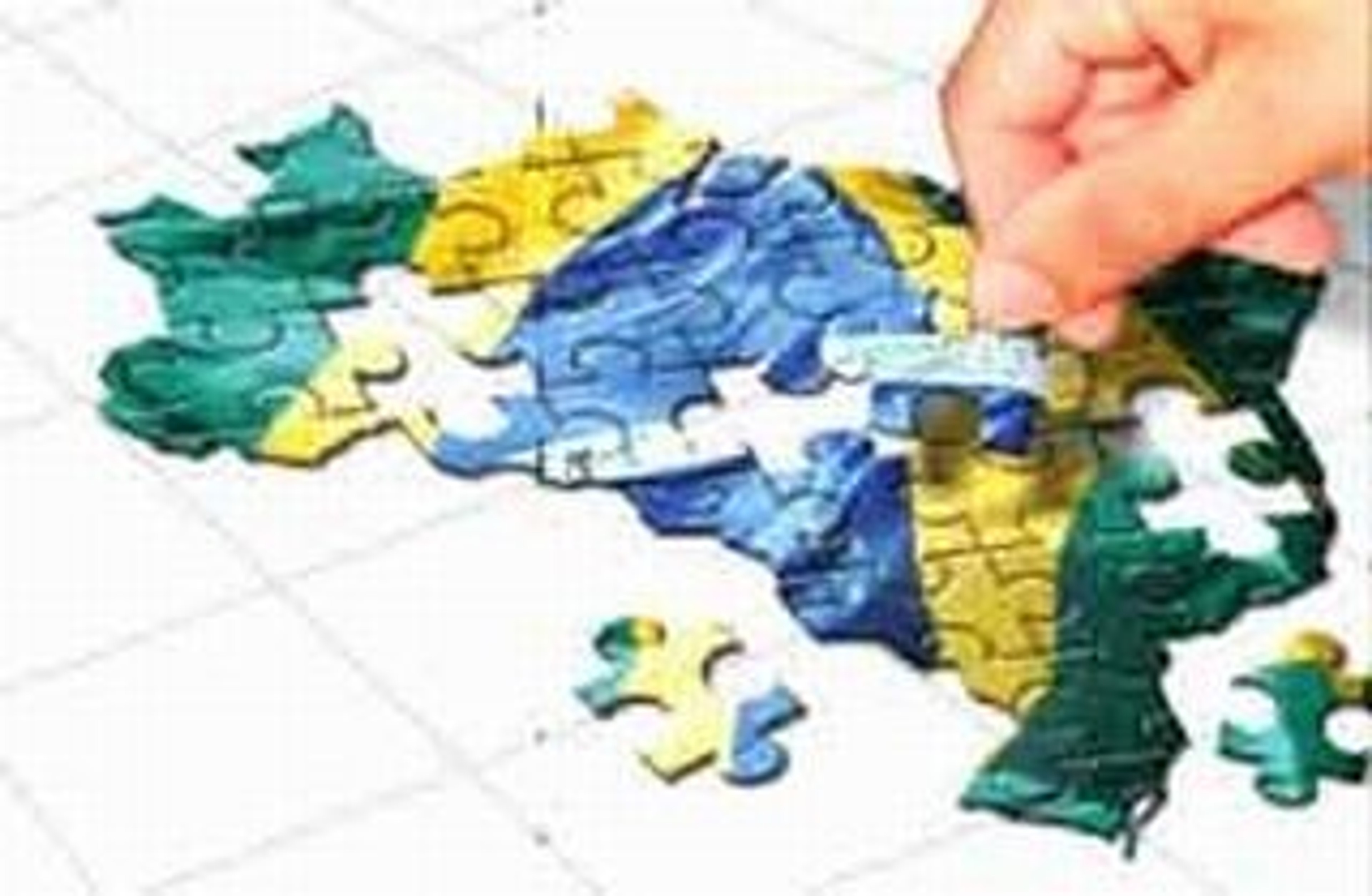Fernando Henrique Cardoso
Former President of Brazil for two consecutive terms (1995-2002), Fernando Henrique Cardoso is currently president of the Instituto Fernando Henrique Cardoso (São Paulo, Brazil) and honorary president of the Party of the Brazilian Social Democracy (PSDB). He is member of the Board of Directors of the Club of Madrid (Madrid) and of the Board of Directors of the Inter-American Dialogue. Member of the Clinton Global Initiative (New York, NY); the World Resources Institute (Washington, D.C); the Thomas J. Watson Jr. Institute for International Studies of the Brown University (Providence, RI) and the United Nations Foundation (New York, NY).He was born in Rio de Janeiro, in 1931, and was married to the anthropologist Ruth Cardoso (1930-2008), with whom he had three children. A sociologist trained at the University of São Paulo, he emerged since the late 1960s as one of the most influential figures in the analysis of large-scale social change, international development, dependency and democracy. Cardoso was deeply involved in Brazil’s struggle for democracy to overcome the authoritarian military regime (1964-1985). Elected Senator in 1982, he was a founding member of the Party of the Social Democracy (PSDB). He served as Minister of Foreign Relations in 1992-93 and Minister of Finance in 1993-94.Former Full Professor of Political Science, today Professor Emeritus at the University of São Paulo, he was professor at the universities of Santiago de Chile, California American (at Stanford and at Berkeley), of Cambridge (United Kingdom), of Paris-Nanterre, of the École des Hautes Études en Sciences Sociales and at the Collège de France. President of the International Sociological Association (ISA) (1982-1986). Doctor Honoris Causa from more than 20 of the most famous universities. Foreign Honorary Member of the American Academy of Arts and Sciences. He was awarded honours such as the “Prince of Asturias Award of International Cooperation 2000”, the UNDP’s 2002 inaugural “Mahbub ul Haq Award for Outstanding Contribution to Human Development” and the “J. William Fullbright Prize for International Understanding” (2003).His main works in English include The Accidental President of Brazil (2006, with B. Winter), Charting a New Course: The Politics of Globalization and Social Transformation (2001, M. Font editor) and Dependency and Development in Latin America (with E. Faletto, 1979). He is a participating author, among other books, in São Paulo: Growth and Poverty (et allii, 1978), The New Global Economy in the Information Age (with M. Carnoy, M. Castells and S.S. Cohen, 1993).He also published papers and essays in journals such as: International Sociology, Foreign Affairs, Foreign Policy and others.
Cardoso was previously a member of the 21st Century Council and The WorldPost Advisory Council.


